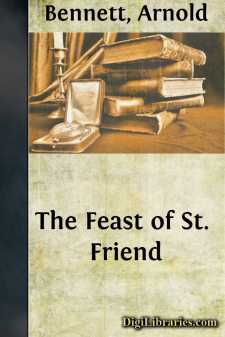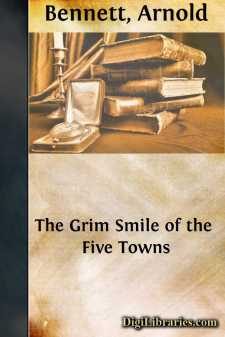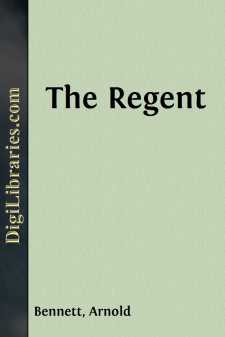Categories
- Antiques & Collectibles 13
- Architecture 36
- Art 48
- Bibles 22
- Biography & Autobiography 813
- Body, Mind & Spirit 142
- Business & Economics 28
- Children's Books 15
- Children's Fiction 12
- Computers 4
- Cooking 94
- Crafts & Hobbies 4
- Drama 346
- Education 46
- Family & Relationships 57
- Fiction 11829
- Games 19
- Gardening 17
- Health & Fitness 34
- History 1377
- House & Home 1
- Humor 147
- Juvenile Fiction 1873
- Juvenile Nonfiction 202
- Language Arts & Disciplines 88
- Law 16
- Literary Collections 686
- Literary Criticism 179
- Mathematics 13
- Medical 41
- Music 40
- Nature 179
- Non-Classifiable 1768
- Performing Arts 7
- Periodicals 1453
- Philosophy 64
- Photography 2
- Poetry 896
- Political Science 203
- Psychology 42
- Reference 154
- Religion 513
- Science 126
- Self-Help 84
- Social Science 81
- Sports & Recreation 34
- Study Aids 3
- Technology & Engineering 59
- Transportation 23
- Travel 463
- True Crime 29
The Feast of St. Friend
by: Arnold Bennett
Description:
Excerpt
THE FACT
Something has happened to Christmas, or to our hearts; or to both. In order to be convinced of this it is only necessary to compare the present with the past. In the old days of not so long ago the festival began to excite us in November. For weeks the house rustled with charming and thrilling secrets, and with the furtive noises of paper parcels being wrapped and unwrapped; the house was a whispering gallery. The tension of expectancy increased to such a point that there was a positive danger of the cord snapping before it ought to snap. On the Eve we went to bed with no hope of settled sleep. We knew that we should be wakened and kept awake by the waits singing in the cold; and we were glad to be kept awake so. On the supreme day we came downstairs hiding delicious yawns, and cordially pretending that we had never been more fit. The day was different from other days; it had a unique romantic quality, tonic, curative of all ills. On that day even the tooth-ache vanished, retiring far into the wilderness with the spiteful word, the venomous thought, and the unlovely gesture. We sang with gusto "Christians awake, salute the happy morn." We did salute the happy morn. And when all the parcels were definitely unpacked, and the secrets of all hearts disclosed, we spent the rest of the happy morn in waiting, candidly greedy, for the first of the great meals. And then we ate, and we drank, and we ate again; with no thought of nutrition, nor of reasonableness, nor of the morrow, nor of dyspepsia. We ate and drank without fear and without shame, in the sheer, abandoned ecstasy of celebration. And by means of motley paper headgear, fit only for a carnival, we disguised ourselves in the most absurd fashions, and yet did not make ourselves seriously ridiculous; for ridicule is in the vision, not in what is seen. And we danced and sang and larked, until we could no more. And finally we chanted a song of ceremony, and separated; ending the day as we had commenced it, with salvoes of good wishes. And the next morning we were indisposed and enfeebled; and we did not care; we suffered gladly; we had our pain's worth, and more. This was the past.
Even today the spirit and rites of ancient Christmas are kept up, more or less in their full rigour and splendour, by a race of beings that is scattered over the whole earth. This race, mysterious, masterful, conservative, imaginative, passionately sincere, arriving from we know not where, dissolving before our eyes we know not how, has its way in spite of us. I mean the children. By virtue of the children's faith, the reindeer are still tramping the sky, and Christmas Day is still something above and beyond a day of the week; it is a day out of the week. We have to sit and pretend; and with disillusion in our souls we do pretend. At Christmas, it is not the children who make-believe; it is ourselves. Who does not remember the first inkling of a suspicion that Christmas Day was after all a day rather like any other day?...












